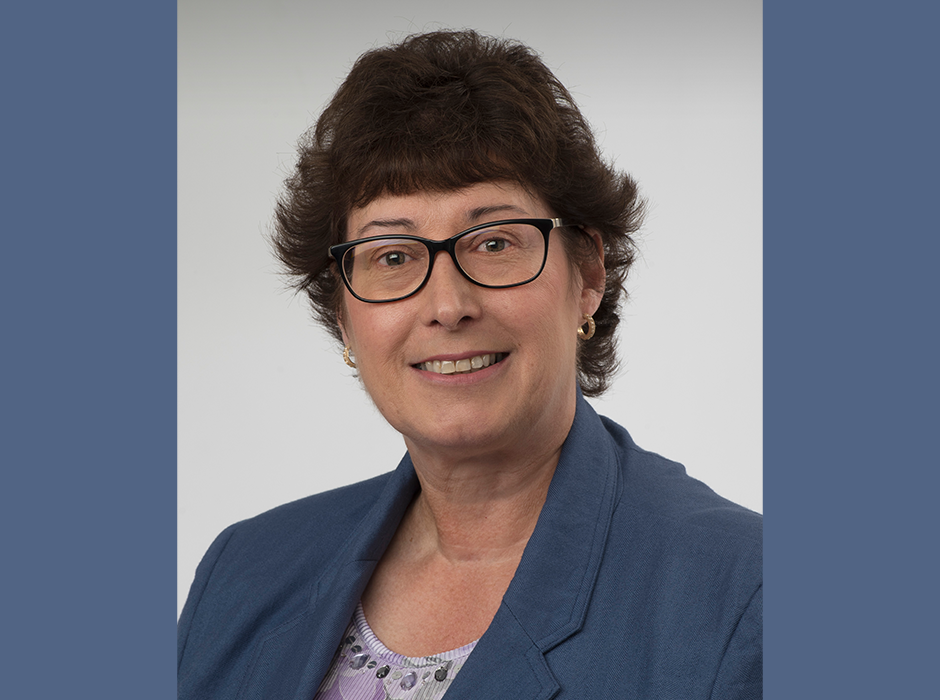
Helen Morrin has been awarded the Bridget Robinson Award for her career in translational cancer research after 23 years at Christchurch's He Taonga Tapu Cancer Society Tissue Bank.
After more than two decades as the Curator of Otago University’s He Taonga Tapu Cancer Society Tissue Bank, Helen Morrin has been given the Bridget Robinson Award for her exceptional career in translational cancer research.
Given by the New Zealand Society for Oncology, the award was established last year with the recipient selected through community nominations and a curated selection committee, and so Morrin says she was surprised to have been selected at all, much less win the award.
“I feel very honoured and certainly overwhelmed to have received this award as I know it is a reflection of the support I have received from peers,” Morrin says.
“For me, this work has always been about the trust, hope and aspirations each patient has for their donation, and I consider it an honour to be able to facilitate that.”
As the curator of the tissue bank in Christchurch, Morrin manages all aspects of the biobank, including the collection, processing, storage, retrieval and distribution of human tissue and data for research.
She has built an Aotearoa-specific collection of samples which were donated by more than 14,500 cancer patients.
She has actively shaped the careers of generations of cancer researchers since her role began in 2000 and she was first charged with fulfilling the vision of the same Bridget Robinson who this award is named after.
Robinson’s vision was for a biobank of stored cancer samples that was open to New Zealand researchers to apply for use. When Morrin started back in 2000, there was no guidance, policy or legislation to help turn this into a reality.
“It’s been a real journey to shape biobanking, making sure it’s highly ethical, culturally sensitive and grounded in appropriate legislation.
“Though it hasn’t been easy, its inspired a lifelong passion for me in science policy that is based in trust, transparency and respect.”
She goes on to explain that one donation from a patient can be distributed to many different projects which optimises opportunities for research, especially when it might have taken years to source certain samples.
Morrin is also a member of the University of Otago’s Human Ethics Committee, regularly providing guidance to researchers and postgraduate students on biobanking to ensure that only necessary and appropriate samples are used, enabling efficient and quality research outcomes.
Additionally, she chairs the Science Policy Advisory Committee of the International Society for Biological and Environmental Repositories, as well as being a past executive member of the Australasian Biospecimens Network Association (ABNA).
She regularly provides expertise in biobanking to research groups, has aided in establishing tissue banks across New Zealand, published specialist papers in this field, and is often invited to speak or chair international conferences in Canada, Europe, USA, Alaska, Australia and China.
-Kōrero by the Communications Adviser for the Division of Health Sciences, Kelsey Schutte.